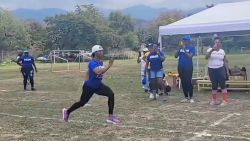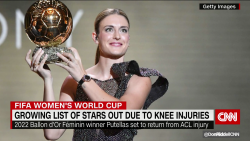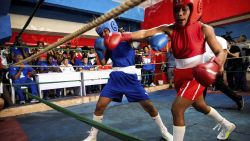Mikaela Shiffrin knew returning to ski racing in Europe in the midst of a pandemic – after the tragic loss of her father in February– would be tough. But not this tough.
“I guess it’s not a very positive thing to say but I’m just kind of uncomfortable,” Shiffrin told CNN Sport. “With everything that’s happened over the past seven months, it’s a little bit funky,” she added, referring to how Covid-19 has changed everybody’s lives.
Skiing’s World Cup season will soon be underway and Shiffrin knows her team is taking precautions, but is on edge about whether everyone else she meets is.
“It’s a little frustrating to feel like you have to argue your way through every single day about why, you know, I’m wearing my mask,” said Shiffrin.
“I’m taking care of my side of things,” she adds, before reflecting on how she feels when she meets people she doesn’t know.
“Can you just stand back, please? Can you just give me some space? You’re not hurting anybody by just giving me some space. So that kind of thing, it’s like a constant battle.”
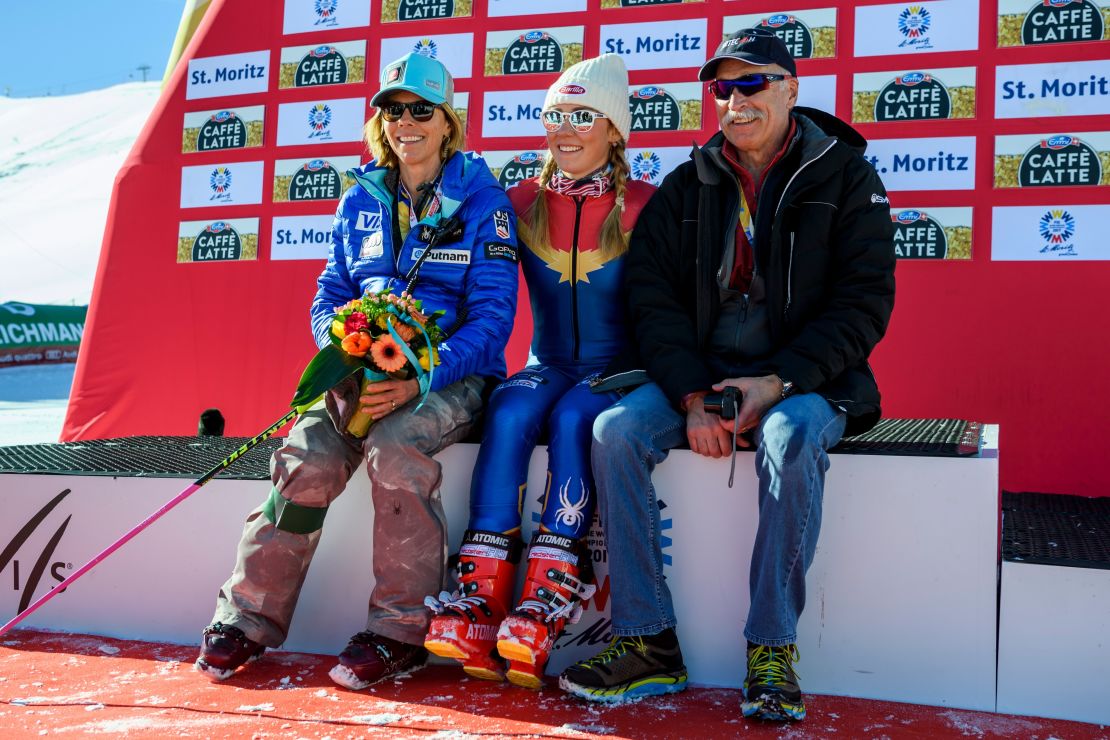
READ: Grieving Shiiffrin grateful she saw her father in his final moments
Shiffrin has won 66 World Cup races and sits fourth in the all-time list behind Marcel Hirscher (67), Lindsey Vonn (82) and Ingemar Stenmark (86).
She’d also been on course to win a fourth straight World Cup overall title in February. Then her father, Jeff Shiffrin, had a sudden accident while at home in Colorado. She abandoned the tour and rushed home to be by his side. Her father died shortly afterwards in hospital at the age of 65. Mikaela, his son, Taylor and wife, Eileen were by his side.
After eight agonising months, the 25-year-old Shiffrin is still coming to terms with the loss – and now, more than ever, missing his constant, reassuring presence on the tour.
“When we’re in Europe we’d normally be basically talking to my dad every day”, she said. “Even if he wasn’t here, he was still our safety net. So right now, neither my mom and I, we just don’t feel safe. That definitely has to do with a pandemic and just general frustrations with people not seeming to get it.”
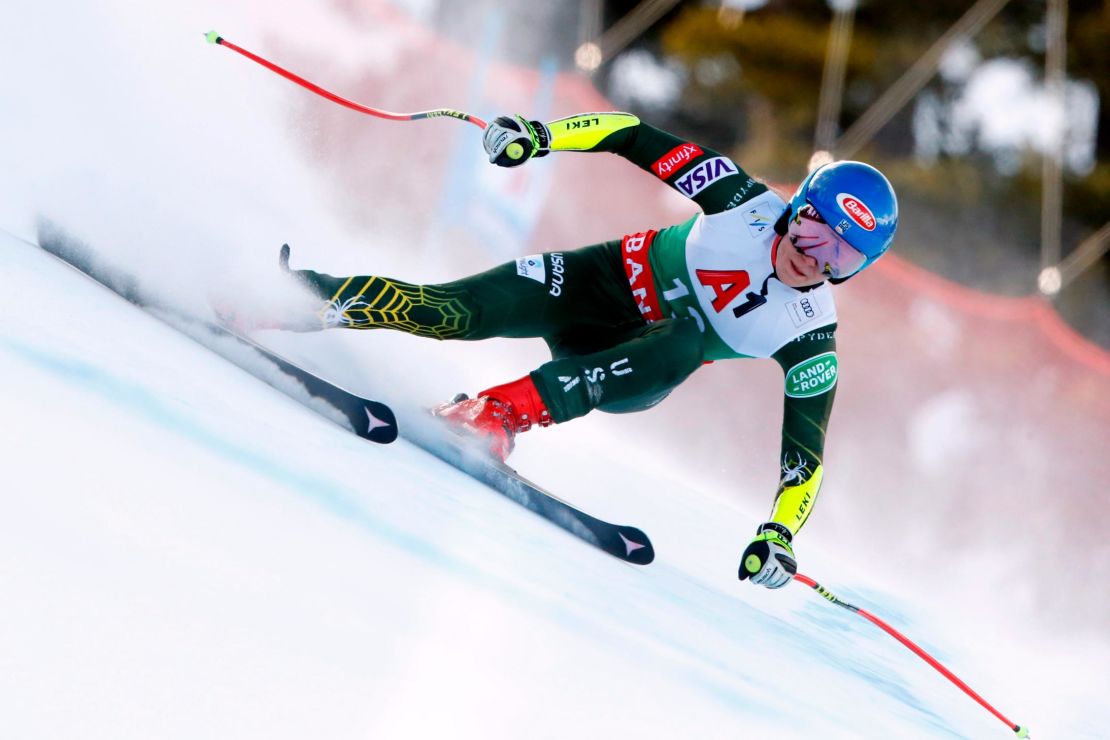
READ: Shiffrin wins reindeer, names it after Swedish great Ingemar Stenmark
‘Wake up, people!’
She’s not been reassured by the events unfolding back home in the US.
On October 2, US President Donald Trump was hospitalized after being diagnosed with Covid-19, though he returned to the White House on Monday.
It is not known how or when Trump caught the infection that resulted in a positive test, but the string of people who attended in late September theunveiling in the Rose Garden of his Supreme Court nominee Amy Coney Barrett – where few guests wore masks and social distancing was absent – has grown.
“I think it’s like, this enormous, undeniable blaring signal of ‘wake up, people!’ This is happening and it’s not going to go away if you ignore it. So, snap to it. Take it seriously. Events with no masks? Probably not a great idea.”
November 3 will be the second time Shiffrin has watched the US elections from overseas. She admits to being a little disconnected from the process four years ago and not fully understanding the importance of her vote. But not anymore.
“It’s not only important for our nation, but it’s also important for the individual people who live in it. And I’m excited to vote. I think that’s a big step in my ability to stand strong for things I believe. For me, that’s unity, inclusion and the belief in science and medicine.”
Some 7.4 million Americans – roughly one in 44 – have been infected with the coronavirus in the world’s worst-affected country. Over 210,000 people have died in the US from coronavirus.
“This election is as much as voting for values and like basic moral character as it is for voting for policies, because right now with the way everything has been handled, it’s like there’s no place for policy until you get the values straight,” added Shiffrin.
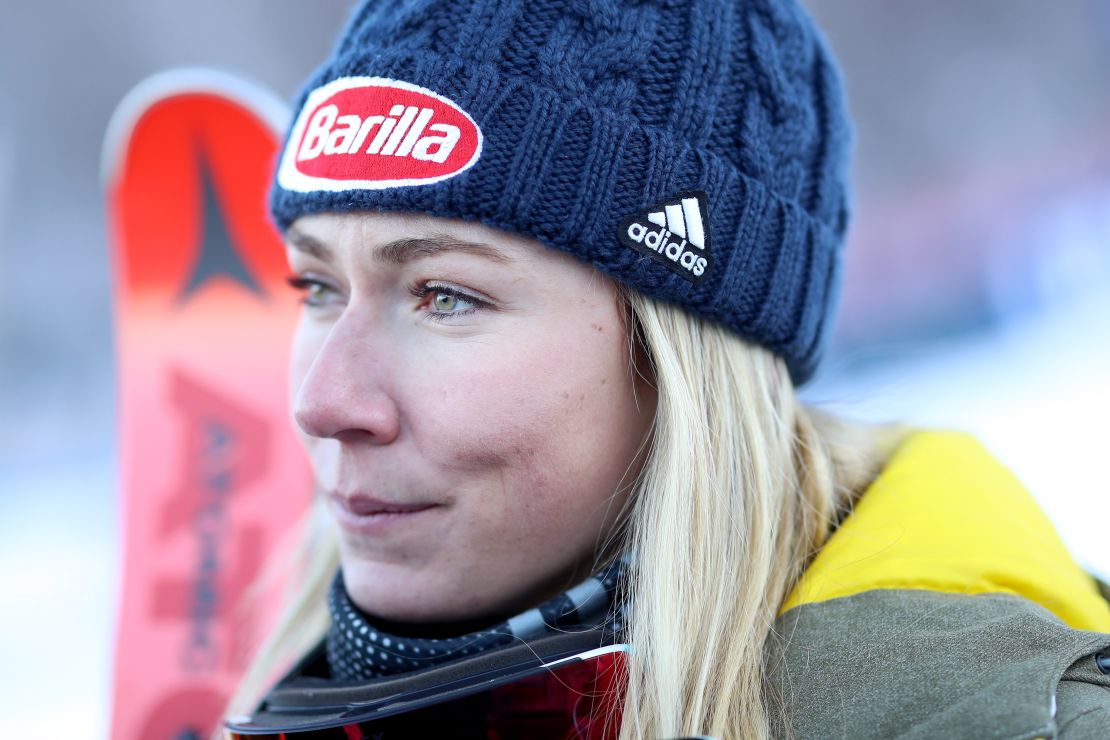
READ: Shiffrin on learning to ignore social media ‘haters’
It’s with these values in mind that the Shiffrin family recently helped create a fund for winter sports athletes – in tribute to her father.
With the help of six generous donors, the Jeff Shiffrin Athlete Resiliency Fund was launched ahead of this season with the goal of helping winter athletes who’ve been financially impacted by the effects of the pandemic.
“I’m really proud of the Resiliency Fund,’ said Shiffrin. “It started not too long after my dad’s accident when people were coming to us asking about where they could donate money and what charities my dad was interested in,” she added.
“Six donors came to us with the offer to match $1.5 million. And our job was to go out and find the other $1.5 million. And now we’re really close. It’s been amazing to see people giving to this fund and also spreading the message of resiliency during this time.”
The past months have taught her, she admits, that resilience isn’t just about physical toughness, and that the future will always be uncertain.
“I didn’t think that resiliency was going to be as big of part of my life as it has become. And I always thought of it as something, you know, if you have a physical injury, then you have to go through the challenges of coming back and that takes a lot of strength.
“But now I know it has to do with weakness as well. And, just not giving in. Just putting one foot in front of the other, because sometimes you don’t feel strong,” adds a smiling Shiffrin. “And that’s perfectly OK.”




